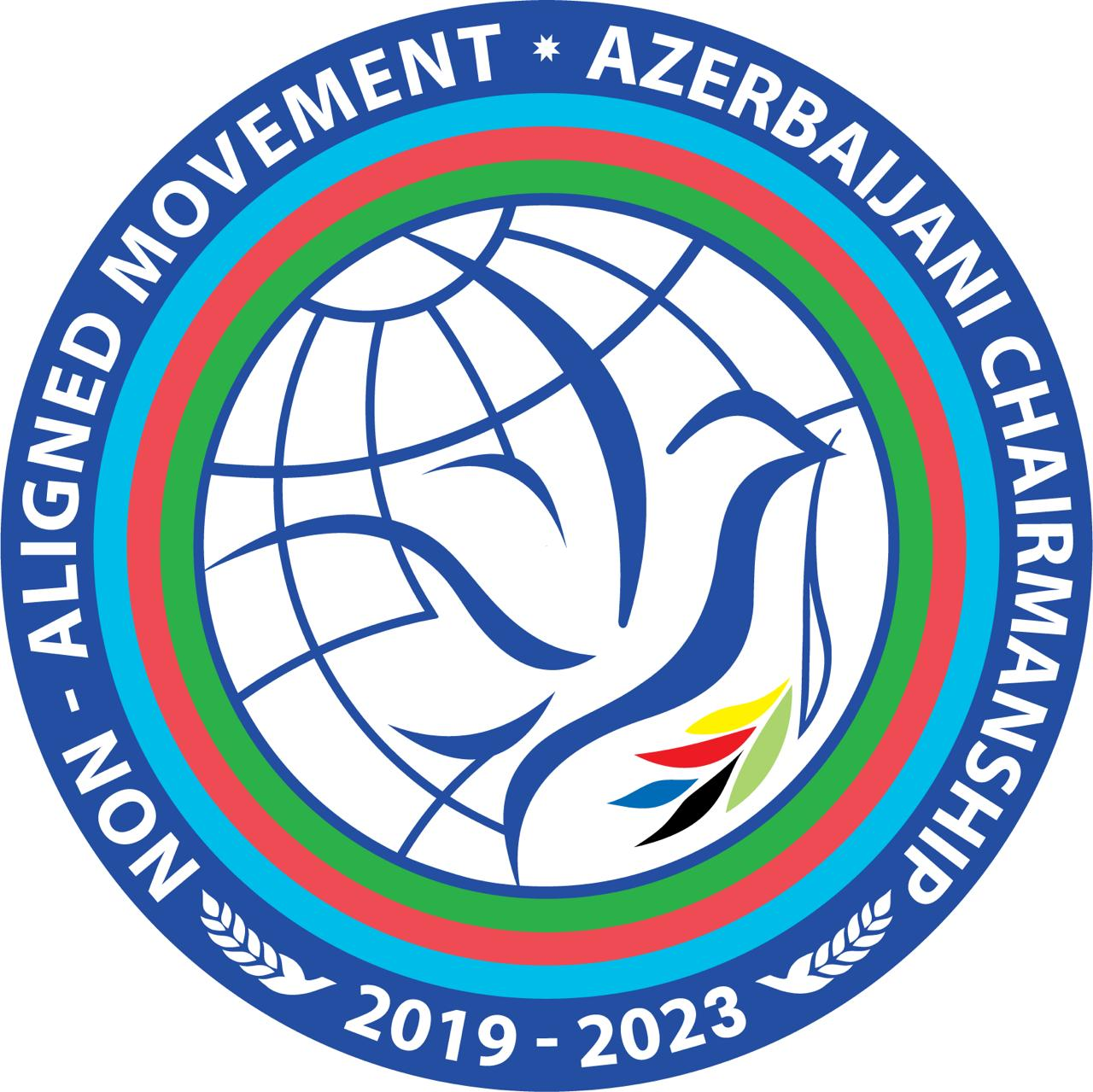Bandung principles
Non-Aligned Movement (NAM) was officially founded in 1961, at the Belgrade Summit, drawing on the principles (also known as Bandung Principles) agreed at the Afro-Asian Conference held in Bandung, Indonesia in 1955.
Such principles were adopted later as the main goals and objectives of the policy of non-alignment. The fulfillment of those principles became the essential criterion for Non-Aligned Movement membership; it is what was known as the "quintessence of the Movement" until the early 1990s.
The ten principles of Bandung are followings:
- Respect of fundamental human rights and of the objectives and principles of the Charter of the United Nations.
- Respect of the sovereignty and territorial integrity of all nations.
- Recognition of the equality among all races and of the equality among all nations, both large and small.
- Non-intervention or non-interference into the internal affairs of another -country.
- Respect of the right of every nation to defend itself, either individually or collectively, in conformity with the Charter of the United Nations.
- Non-use of collective defense pacts to benefit the specific interests of any of the great powers.
B. Non-use of pressures by any country against other countries. - Refraining from carrying out or threatening to carry out aggression, or from using force against the territorial integrity or political independence of any country.
- Peaceful solution of all international conflicts in conformity with the Charter of the United Nations.
- Promotion of mutual interests and of cooperation.
- Respect of justice and of international obligations.





